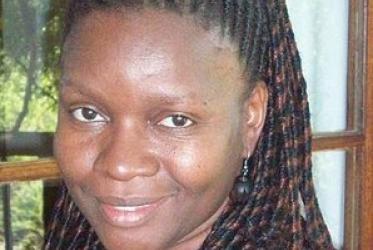Displaying 1 - 10 of 10
21 December 2022
Pilgrimage of justice and peace gives vision for WCC programmes
22 November 2014
Inspiring African churches to uphold women's dignity
13 June 2013
Living with God in the context of HIV and AIDS
27 February 2013



